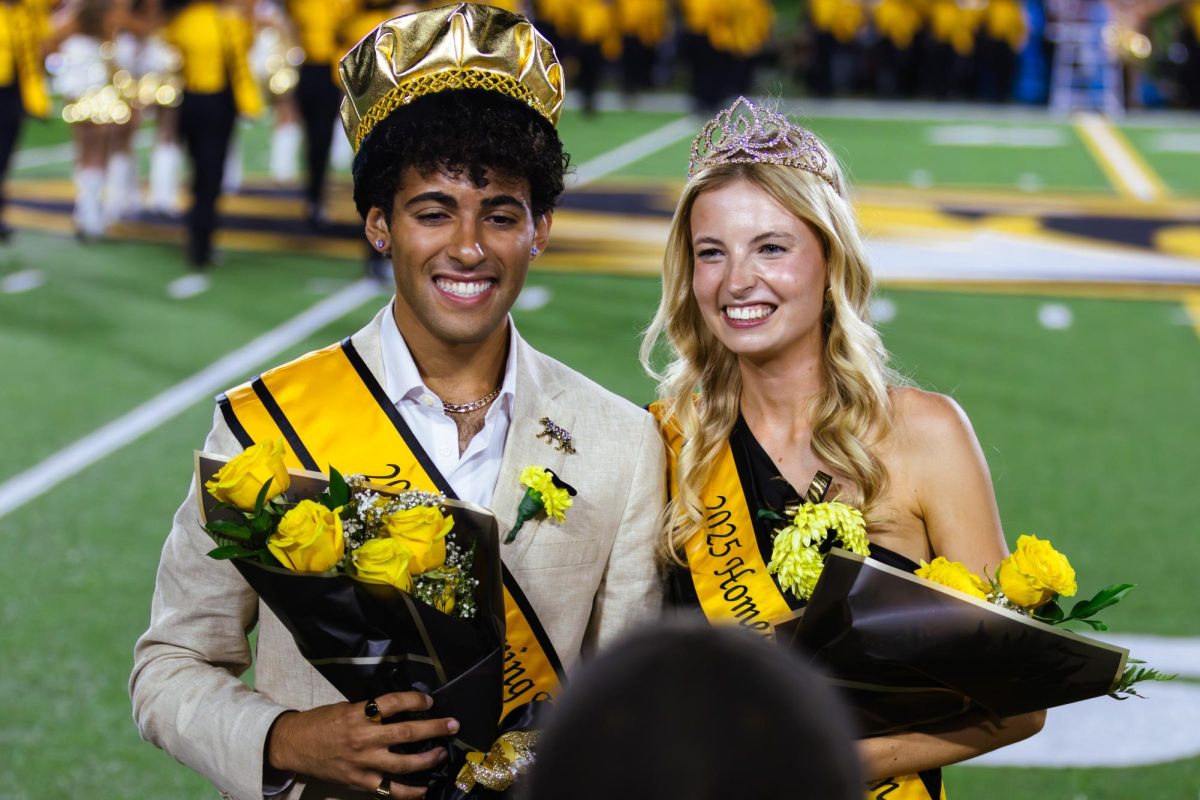Soon the information gathered by KBIA/91.3 FM, MU’s NPR affiliate, might not come from not a reporter but a drone, thanks to the work of several MU faculty members.
“We will build our own drones and find out just what exactly we can do with them,” KBIA content director Scott Pham said. “The idea is to really explore new drone technology by actually putting them to use.”
Pham came up with the idea for a drone program at MU while reporting on the breached Birds Point levee in southeast Missouri in 2011, according to an interview with the Columbia Missourian.
The drones would aid in exploring waterways where it is difficult to see the impact of pollution and floods from the ground, Pham said.
“Drones can give a perspective that can add to the story,” Pham said. “They would be great to take pictures of floods.”
More than a year after the initial idea, the program is in the beginning stages and backed by a $25,000 grant from the MU Information Technology Committee.
“The drone program is really a collaboration between KBIA, the Reynolds Journalism Institute and MU IT,” Pham said. “One of the project’s main organizing principles is a graduate level course called ‘drone journalism.’ The class is going to find out what we can do with drones, but what I really want to do is produce some real stories, too.”
Drone use in the media has yet to be explored. To date, few instances of drone use in media exist, mainly due to regulations by the Federal Aviation Association. Drones are not to be used for compensation or hire, according to FAA regulations. The unmanned aircraft must also stay below 400 feet and away from populated areas.
“We’re pursuing drones in our capacity as an education institution, so I think we should be in the clear with regards to the prohibition against commercial activity,” Pham said.
They plan to mainly pursue rural and agricultural stories to comply with the FAA, he said.
The Daily, a News Corp. publication, had previously tried to use drones to cover floods, but because it was a for-profit venture, it was quickly ended. Pham said this is the latest instance of the use of drones he has heard of by a media company.
“As far as I know, there are no news outlets currently using this technology, but I have heard of attempts in the past by a few television stations that experimented with drones,” Pham said.
Matthew Waite, professor of journalism at the University of Nebraska–Lincoln, received a similar grant to found the Drone Journalism Lab, which experiments with drone technology to create stories. This work is similar to that of Pham and his colleagues.
“I just felt like we could get it done faster here — the competitive side of me kicked in,” Pham said in an interview with the Missourian.
Pham and Bill Allen, the teacher of the graduate drone class for the spring semester, have already made progress toward the proposed drone work for next year.
“We are currently doing preparation work and have bought around $3,000 worth of equipment so far,” Pham said. “We hope to have some test drones ready in a couple of days.”







